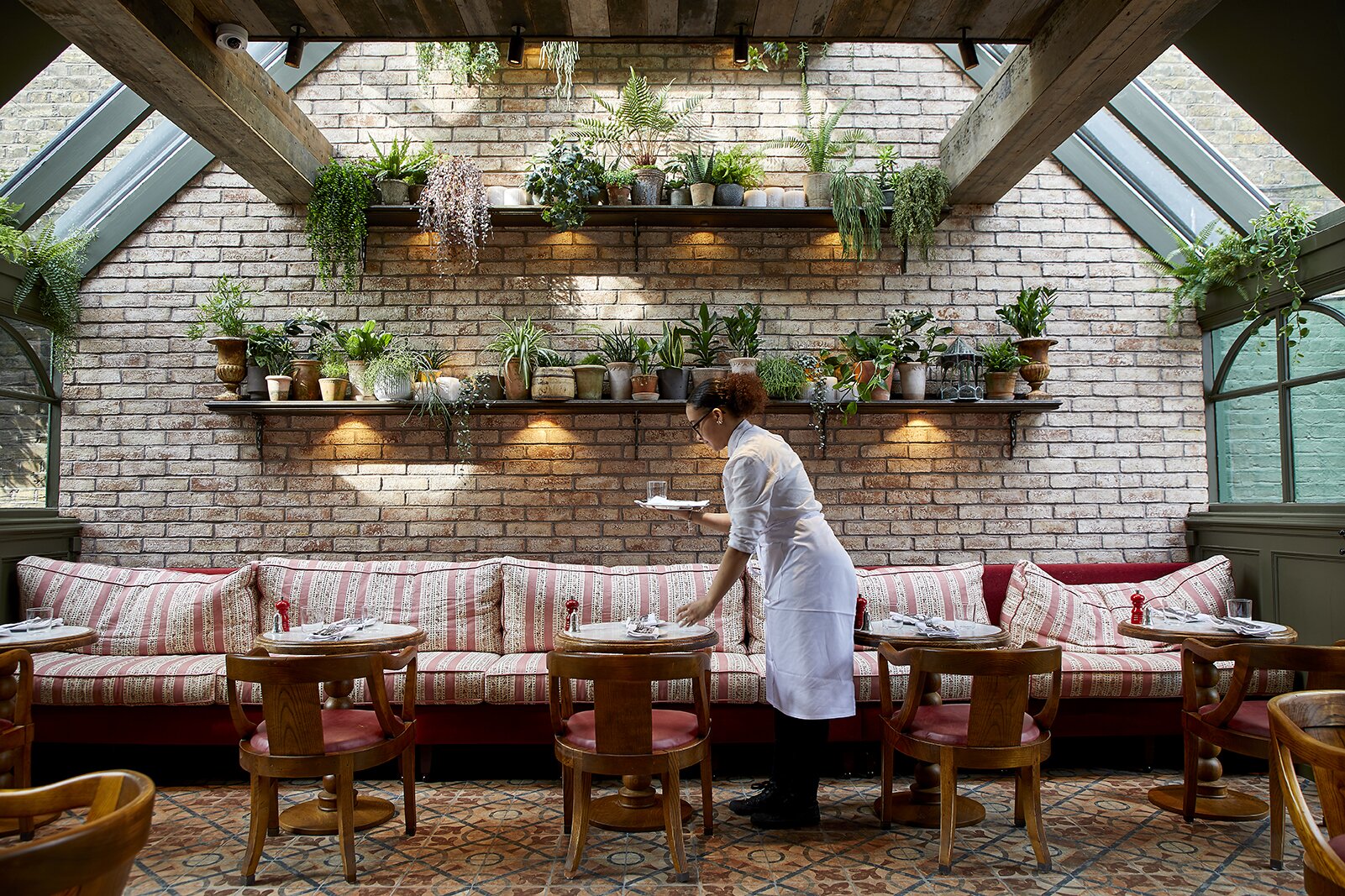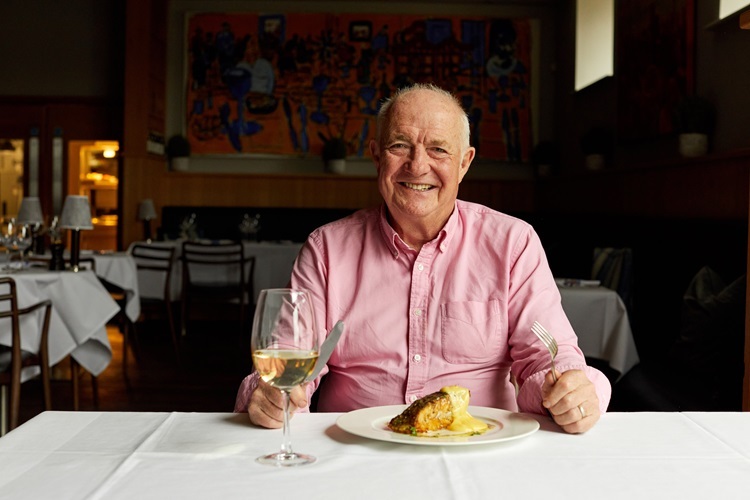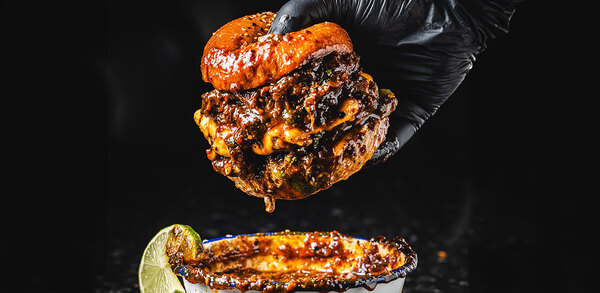Hospitality businesses boost staff perks amid cost of living crisis
Restaurants, hotels and pubs are offering staff help with housing and loans to pay off debts as venues struggle to recruit amid the cost of living crisis.
Operators told The Caterer that teams have come to expect more from employers in an increasingly competitive job market.
Fit Kitchen, which has two restaurants in London, has loaned £15,000 interest-free to staff to help pay off debts built up during the pandemic. The group also provides free meals and drinks to take home to help with the cost of living.
Rare Restaurants, owner of the Gaucho and M groups, has a hardship fund to aid staff struggling financially and offers 50% off at its restaurants.
In Cumbria, Simon Rogan’s Umbel restaurant group has bought five properties for its teams to live in, with 17 bedrooms in total, due to a lack of affordable housing in the area.
Sam Ward, managing director at Umbel restaurant group, said: “Rural areas are seeing a high uptake of house purchases for second homes, and we need to provide opportunities for our team to live near where they work.
“If we need to offer support to get our team into their own rentals… we have links with local estate agents. With 160 members of the team in the north-west of England, it is becoming increasingly difficult.”
Mark Wright, founder of Rola Wala, which has one site in Leeds, began offering a free gym membership to staff working 40 hours and above last week. He has also signed up to the Wagestream platform, which allows workers to access money once they have worked their hours.
“In the past we’ve tended to lend staff money if they’ve said they’re struggling, but trying to manage that can be a nightmare, so this is much simpler,” said Wright.
Rola Wala also offers an employees bonus plan and runs monthly competitions with incentives for the team, on top of other benefits.
Wright said the pandemic and increased competition for staff had forced a wider change in how some businesses treat their teams. He added: “Traditionally, hospitality businesses, especially big brands, have a very top-down structure. People come to work and it can be very controlling and people are seen as just a number. But people don’t want to just turn up and serve customers without any room for creativity in their role.”
Businesses are also aiming to offer staff more flexible rotas. Pub group Young’s has launched an online platform to allow staff to choose their own hours, where users create a rota by choosing available shifts across the chain’s 210 pubs.
All full-time employees at Rick Stein Restaurants can request to work a four-day week, and the business also offers perks including a 50% discount in its restaurants and 28 days paid holiday.
Forcing a change
Cubitt House, a hospitality group with nine pubs and hotels in London, is working on its perks package. Co-chairman Sam Pearman told The Caterer: “The cost of living crisis is so apparent now. One of our chefs had to get from Notting Hill to Stratford in London very late at night on a series of night buses.
"We [as employers] have got to be doing as much as we can to make the lifestyle [of hospitality] work for them, because there is only so much you can take.”
Pearman said employers were having to adapt in order to attract and retain a younger workforce. He said: “It’s really come to a head post-Covid. We’re trying to bring young staff into the business, but their attitude towards work is different. Not in a negative way, but they don’t want to be doing late hours and weekends, whereas in the past I think people would arrive and work any hours and make the job their life.”
Wright said Rola Wala was fully staffed but had found recruitment “challenging”.
He added: “What makes hospitality attractive as a career? We as operators have to answer that question. It needs to be something that becomes part of your business model, rather than just a staff party.”

















